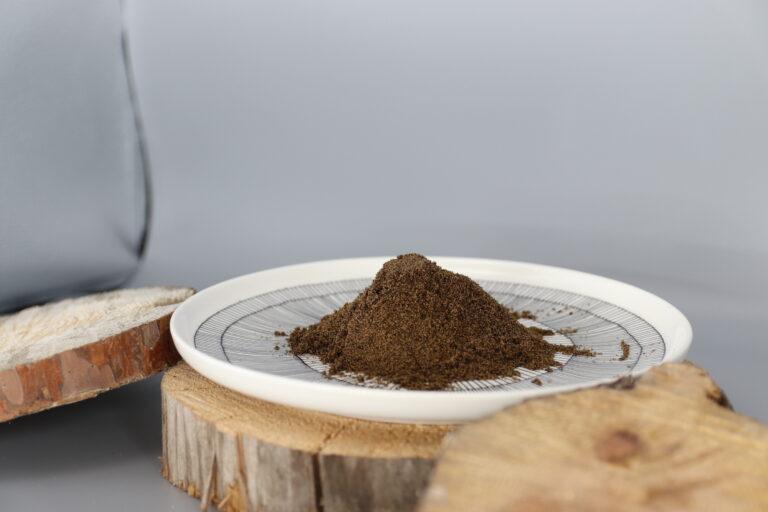Recently, much research has been conducted to meet the growing protein needs of mankind and the demand for plant-based protein sources. One of the topics being researched is the production of protein from rapeseed and the residues from rapeseed oil production, which is an excellent source of protein and fibre, previously used only as animal feed.
According to a 2013 EFSA opinion, rapeseed oil protein isolate from scones is safe for human consumption, although sensitivity and allergic reactions cannot be excluded - it has triggered allergic reactions in people allergic to mustard.
Some research suggest that it has additional positive health effects, e.g. reducing acrylamide formation, reducing the production of toxic substances (advanced glycation end products, AGE products) in the body.
The Finnish company Apetit's BlackGrain rapeseed protein product received a favourable EFSA opinion as a novel food, with the restriction that the levels of naturally occurring antinutritional substances (glucosinolates, phytates) in rapeseed must be kept sufficiently low during production.
In February 2021, the Commission authorised partially defatted rapeseed meal from Brassica rapa L. and Brassica napus L. as a novel food.
If these types of products appear on the Hungarian market, it may be worthwhile to monitor the possible presence of antinutritional substances and other contaminants in them.

